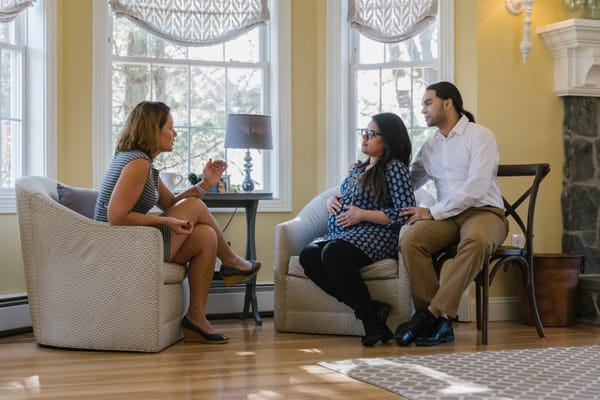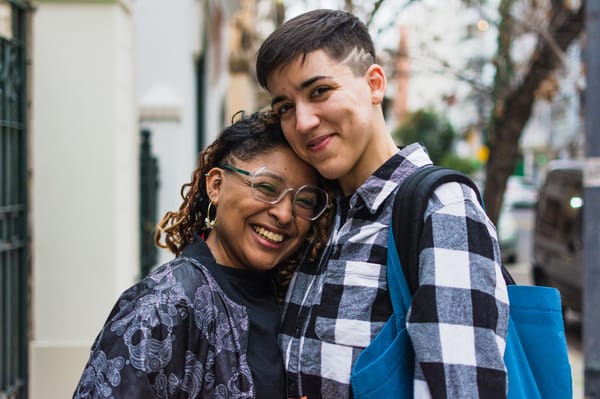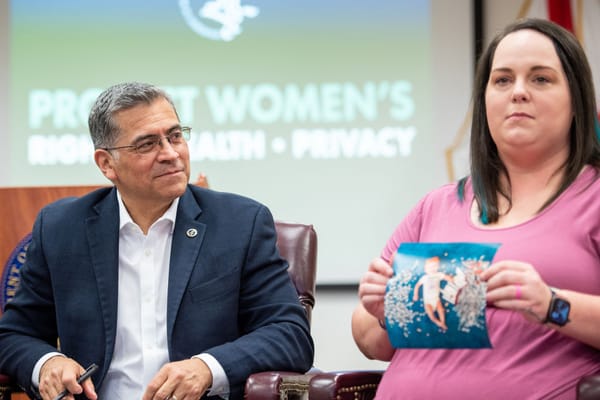What happened
This month, the Alabama Supreme Court's ruling redefined embryos as "children" in specific legal contexts, challenging not only scientific understanding but also fundamental rights to reproductive healthcare.
The decision was made in a case of wrongful death filed by couples whose frozen embryos were lost due to an incident at a fertility clinic in Mobile, Alabama. The judiciary concurred with the couples, affirming that the embryos fall under the protection of the state's Wrongful Death of a Minor Act.
The ruling left open the question of whether destroying a frozen embryo could result in criminal homicide charges. It also left it to the legislature to determine whether and how IVF could continue in the state. Experts in law and reproductive health suggest that this verdict could increase both the risks and expenses associated with in vitro fertilization (IVF) for patients as well as healthcare providers.
This landmark decision has profound implications for individuals relying on in vitro fertilization (IVF) and the broader healthcare landscape.
How does this impact patients in Alabama and all of us?
In response to last Friday's court decision, at least three Alabama-based IVF providers have declared a temporary halt to their treatments. Additionally, a lawmaker from Alabama has indicated plans to propose state legislation aimed at ensuring that IVF procedures can proceed within the state.
The state of Alabama has around 1 million women of childbearing age (15-44). Given that roughly 1 in 6 women worldwide experience infertility, approximately 170 thousand women in Alabama have just lost access to building a family because of the ruling.
While, for the moment, the legal ramifications for IVF only affect Alabama, that could change as other states adopt "personhood" statutes that say life and rights begin at conception.
Enacting fetal personhood legislation, which bestows upon fetuses the same legal rights as individuals, has been a longstanding aim of those opposed to abortion. Alabama is among a handful of states that have adopted measures to afford fetuses certain legal protections. The precedent set by last week's ruling from the Alabama Supreme Court could pave the way for similar decisions in wrongful death lawsuits in other states.
Even if the ruling is updated with clarification of allowing IVF, experts expect that fertility care providers will have to develop significant legal protections, which might cause an increase in IVF-related costs in certain states or country-wide and make such critical healthcare and family-building unattainable for many.
Many people depend on inclusive fertility care in the US and globally: in fact, 4 in 10 adults in the US say they have used fertility treatments or personally know someone who has.
Stork Club’s stand on the ruling
At Stork Club, we understand the significant emotional and financial impact this ruling has on those relying on fertility care to achieve their paramount goal of building families. We firmly oppose any political interference in healthcare rights and family planning decisions, especially when such actions disregard their potential effects on human rights.
As we strive to offer accessible and inclusive reproductive care for everyone, our commitment remains strong in providing steadfast support and comprehensive care to those affected by this ruling. We champion accessible, respectful, and science-based reproductive healthcare.
For Stork Club members, we have established partnerships with out-of-state fertility providers for video consultations, aiding Alabama members in continuing their IVF journeys. Our Travel Reimbursement program also remains in place to ensure access to reproductive services not available locally.
We urge leaders to join our effort to address and bridge the growing disparities in reproductive and maternity care in the US. We also invite you to advocate for essential human rights reforms at the state level.
This ruling calls for a careful reassessment of reproductive benefits and services. Stork Club is prepared to navigate our employers and members through these changes, prioritizing individual well-being and reproductive freedom.





